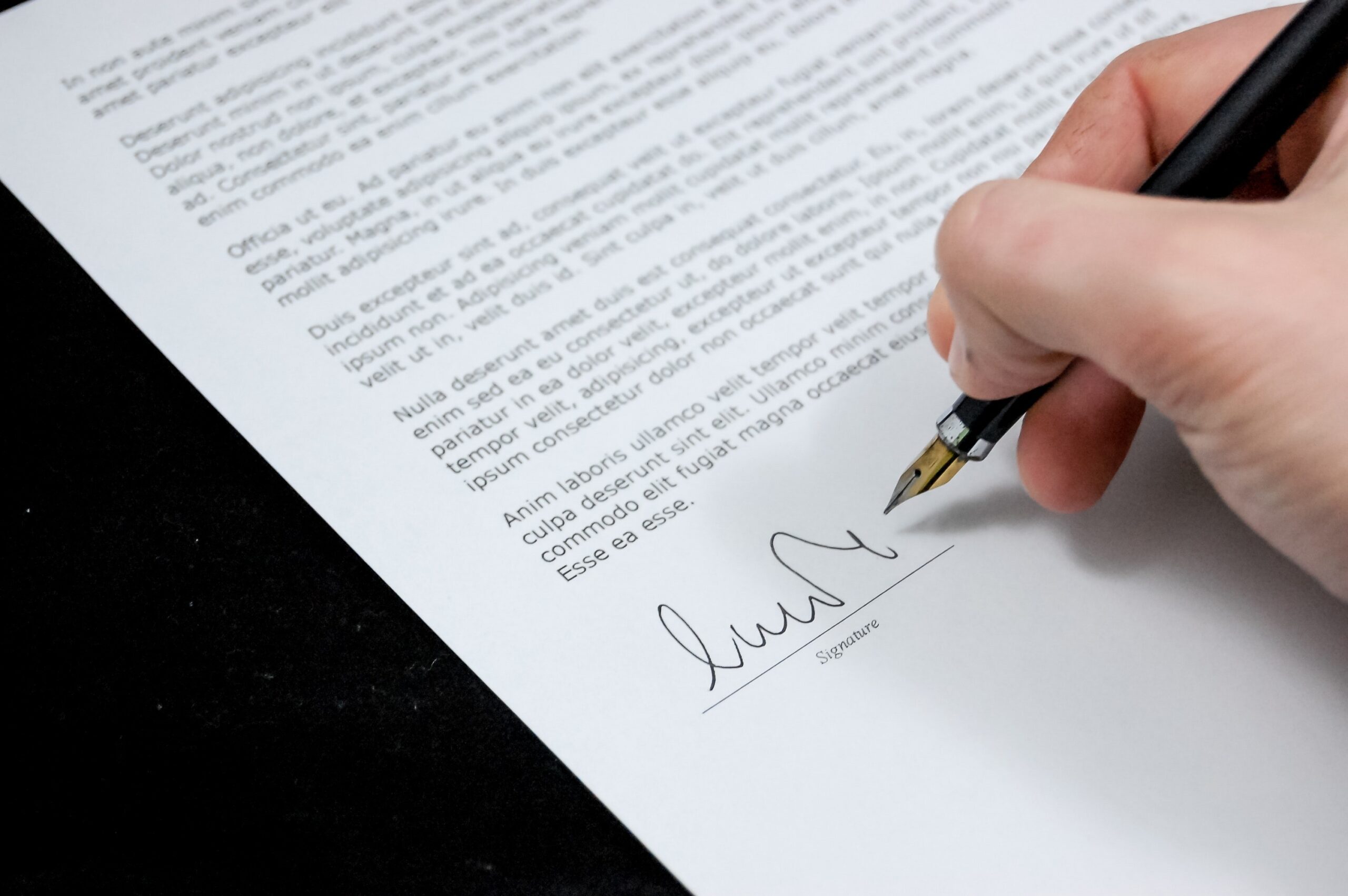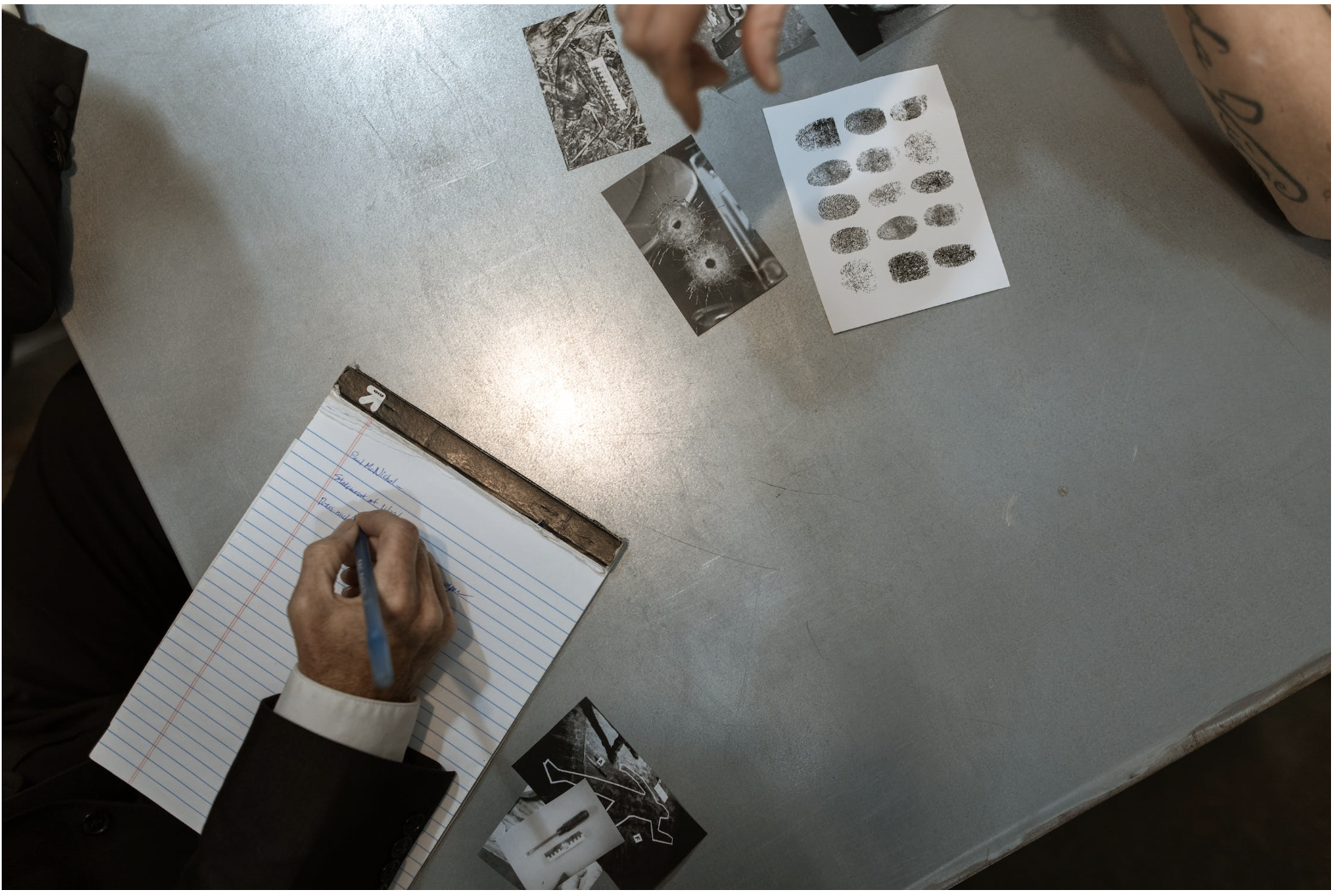
Introduction
Becoming a notary public in Ireland is not as hard as you might think. In fact, it’s quite simple once you know what to do. This guide will walk through the entire process and explain how anyone can become an official notary public in Ireland.
STEP 1: Are you eligible to become a notary public in Ireland?
Are you eligible to become a notary public in Ireland?
To qualify, you must be over 18 years of age and a resident of Ireland. You must also have been born and raised here, meaning that your parents or grandparents must have lived here for at least three years before your birth. If so, then you will automatically be considered for this position as well! In addition to these requirements, applicants are also required to have good character and no criminal record (except parking tickets). Finally, prospective notaries must also speak and understand English fluently enough so that they can effectively communicate with others during their duties as such individuals within our judicial system – which means having knowledge about what happens behind closed doors within various types of communities across the country; especially if those individuals happen
STEP 2: Check the requirements.
The next step is to check the requirements. You must be over 18 years of age and a resident of Ireland. You must not have been convicted of a criminal offence, or have been convicted of an offence under the Companies Acts (which relate to directorships and shareholder transactions).
STEP 3: Find an insurance provider.
Once you’ve become a notary public, the next step is to find an insurance provider. This can be done online or in person with a friend.
Once you have found the right provider, they will give you information about your policy and how much it costs. You’ll also need to make sure that they are insured for at least €1 million (or more if possible). This is because notaries are required by law to carry out their duties without fear of being sued should something go wrong during their work on behalf of clients who want to prove their case in court.
You may also want to check out local companies who offer cheap rates on insurance policies as well as those within close proximity; this way everyone gets cheaper rates than going outside Dublin city limits altogether!
STEP 4: Apply to the Supreme Court.
You can apply to become a notary public online. If you haven’t already done so, you’ll need to pay a fee of €90 and complete the online application form. You’ll also need to have your solicitor or barrister apply on your behalf (they can do this by calling into the Supreme Court).
Once they’ve submitted their application, they will receive an email telling them that it has been received by the Supreme Court and what stage it is at in its process; this will include whether or not their application has been accepted as valid or rejected. If accepted then congratulations! You are now officially registered as an Irish Notary Public!
STEP 5: Wait for your appointment date.
Once you’ve submitted your application and paid the fee, it will take up to a year for the Supreme Court to schedule your appointment. The date is set by law and cannot be changed once it’s been reserved.
Once the court has received your file and decided that you are eligible for an appointment as a Notary Public (you don’t have to wait until they call), they will send an email notifying everyone on their staff list about when their next meeting is scheduled. This includes people who have also applied but aren’t approved yet; if they’re going into effect soon enough or are still being processed, then so should yours!
To check on the status of your application: Go online at www[.]dublinnotarieservice[.]ie
STEP 6: Attend your appointment in Dublin Castle.
You will need to bring your passport and appointment letter. You can also bring the insurance certificate for your appointment, but this is not required if you are only doing a non-publication ceremony.
You will also need to bring a witness who is 16 years old or older (or older than 18 if they have a diploma or degree in law). The witness is usually expected to be someone who knows both yourself and the person getting married; however, they may not know them very well because it’s easier for witnesses not involved in the wedding planning process when they attend an interview meeting at Dublin Castle with one of our staff members.
Becoming a notary public is not as hard as you might think.
Becoming a notary public is not as hard as you might think. The process is straightforward, and most of it can be done from home. If you’re interested in becoming a notary and want to learn more about the requirements for becoming one, then read on!
How Much Does It Cost?
There are no fees associated with registering as an attorney-in-fact or signer-notary; however there may be other costs involved depending on where in Ireland your office will operate from. For example, if you have an office in Dublin but don’t have any staff members there yet (which means no need for insurance), then those expenses may need to be paid out of pocket until they’re established later down the line—but these things usually come with increased motivation anyway so hopefully this isn’t too much trouble!
Conclusion
Becoming a notary public is not as hard as you might think. Once you have applied for the necessary permission and done your research, it’s just about following the steps laid out for you by the courts of Ireland. It’s also worth noting that becoming an Irish notary can be a great way to make a living from home, so long as you have some basic qualifications and good insurance in place. The process is straightforward enough if you follow our guide above!



 Notary Public in Ireland
Notary Public in Ireland Understanding Affidavits
Understanding Affidavits